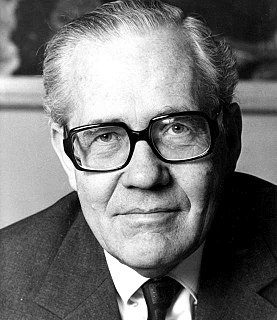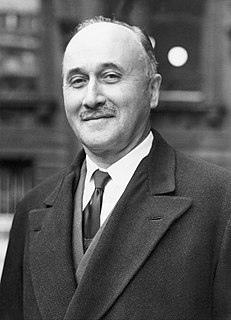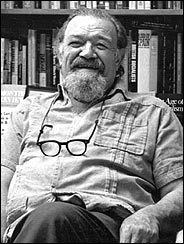A Quote by Pope Paul VI
Excessive economic, social and cultural inequalities among peoples arouse tensions and conflicts, and are a danger to peace.
Related Quotes
We talk of regional conflicts, of economic and social crises, of political instability, of abuses of human rights, of racism, religious intolerance, inequalities between rich and poor, hunger, over-population, under-development and. I could go on and on. Each and every one of these impediments to humanity's pursuit of well-being are also among the root causes of refugee problems.
We think of faith as a source of comfort and understanding but find our expressions of faith sowing division; we believe ourselves to be a tolerant people even as racial, religious, and cultural tensions roil the landscape. And instead of resolving these tensions or mediating these conflicts, our politics fans them, exploits them,and drives us further apart.
We need to promote greater tolerance and understanding among the peoples of the world. Nothing can be more dangerous to our efforts to build peace and development than a world divided along religious, ethnic or cultural lines. In each nation, and among all nations, we must work to promote unity based on our shared humanity.
There will be no peace in Europe if the States rebuild themselves on the basis of national sovereignty, with its implications of prestige politics and economic protection... The countries of Europe are not strong enough individually to be able to guarantee prosperity and social development for their peoples. The States of Europe must therefore form a federation or a European entity that would make them into a common economic unit.
Talk of world peace is heard today only among the white peoples, and not among the much more numerous coloured races. This is a perilous state of affairs. When individual thinkers and idealists talk of peace, as they have done since time immemorial, the effect is negligible. But when whole peoples become pacifistic it is a symptom of senility. Strong and unspent races are not pacifistic. To adopt such a position is to abandon the future, for the pacifist ideal is a terminal condition that is contrary to the basic facts of existence. As long as man continues to evolve, there will be wars.
Essential to the attainment of these national goals is the moral imperative of ensuring social justice and respect for human dignity. The great biblical tradition enjoins on all peoples the duty to hear the voice of the poor. It bids us to break the bonds of injustice and oppression which give rise to glaring, and indeed, scandalous social inequalities. Reforming the social structures which perpetuate poverty and the exclusion of the poor first requires a conversion of mind and heart.
Mao challenged the idea that economic planning would dissolve conflicts of interest among the people. He saw it dialectically - conflicts between intellectuals and manual workers, between the city and the countryside, stratification in the party and society. He said it was necessary to struggle to overcome these differences whether it takes 100 or 500 years.




































